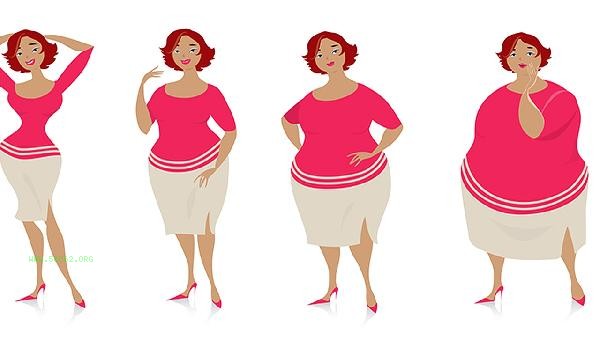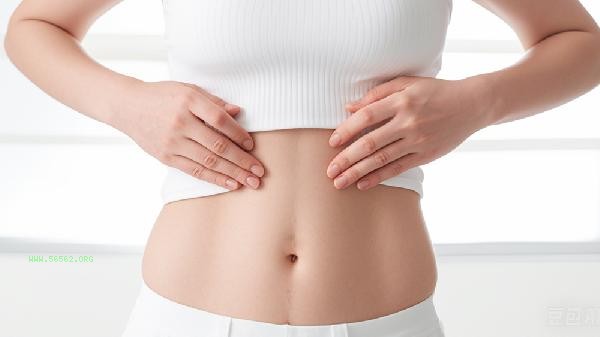It is not recommended to deliberately skip dinner during menstruation during weight loss. During menstruation, women have an increased demand for energy and nutrition, and suddenly reducing dinner may lead to problems such as low blood sugar and worsening menstrual discomfort. Scientific weight loss should be achieved through adjusting dietary structure, controlling total calories, supplementing iron elements, and other methods, mainly including menstrual metabolic characteristics, changes in nutritional needs, healthy weight loss principles, dietary adjustment suggestions, and exercise precautions.

1. Metabolic characteristics during menstruation:
The basal metabolic rate during menstruation increases by 5% -10%, and the body burns about 100-300 calories more per day. Deliberately reducing dinner intake at this time may lead to an excessive energy deficit, causing hypoglycemic reactions such as dizziness and fatigue. Hormonal changes during the luteal phase can also increase the demand for carbohydrates, and skipping dinner altogether may exacerbate emotional fluctuations and the risk of overeating.
2. Changes in Nutritional Requirements:
During menstruation, women need to supplement an additional 18mg of iron per day, which is equivalent to 100g of pig liver or 30g of black fungus. Skipping dinner may reduce the intake of important nutrients such as iron and protein, exacerbating anemia symptoms. It is recommended to choose high iron and high protein foods such as lean meat and spinach for dinner, which can control calories and meet special physiological needs.
3. Principles of healthy weight loss:

Effective weight loss requires maintaining a daily calorie deficit of 300-500 calories, but it is recommended to reduce it to less than 200 calories during menstruation. Completely skipping dinner may result in a calorie deficit of over 800 calories, which can trigger a stress response in the body and lower metabolism. The serving of individual dishes can be used to control the dinner calories at about 300 kcal, with appropriate coarse grains and high-quality protein.
4. Suggestions on diet adjustment:
Warm red bean Congee, steamed fish and other digestible foods are recommended for menstruation dinner to avoid cold and raw stimulation. Foods such as pumpkin seeds and bananas rich in magnesium can be added to alleviate menstrual pain. If calorie control is required, meal replacement milkshakes can be used to replace some staple foods, but it is necessary to ensure a protein intake of at least 15g per meal.
5. Exercise precautions:
Three days before menstruation, it is recommended to engage in low-intensity exercises such as walking and yoga, combined with an appropriate amount of dinner, to avoid low blood sugar after exercise. In the last four days, aerobic exercise such as brisk walking and swimming can be resumed. Within 30 minutes after exercise, an appropriate amount of carbohydrates and protein can be supplemented, such as whole wheat bread with eggs, which does not affect weight loss and can maintain physical fitness.

During menstruation, special attention should be paid to balanced nutrition for weight loss. It is recommended to consume no less than 1200 calories per day, and dinner should include at least 1 serving of high-quality protein and half a bowl of coarse grains. You can consume more red dates and goji berries as warm tonics to avoid menstrual disorders caused by dieting. Moderate increase in anti-inflammatory foods such as soy products and deep-sea fish can not only control weight but also alleviate menstrual discomfort. Maintain a regular sleep schedule and moderate exercise. Seize the peak metabolic period one week after menstruation to strengthen exercise for better results.




Comments (0)
Leave a Comment
No comments yet
Be the first to share your thoughts!